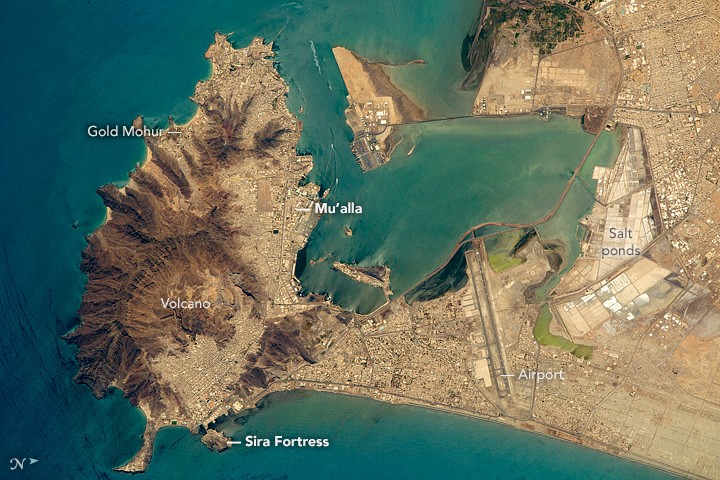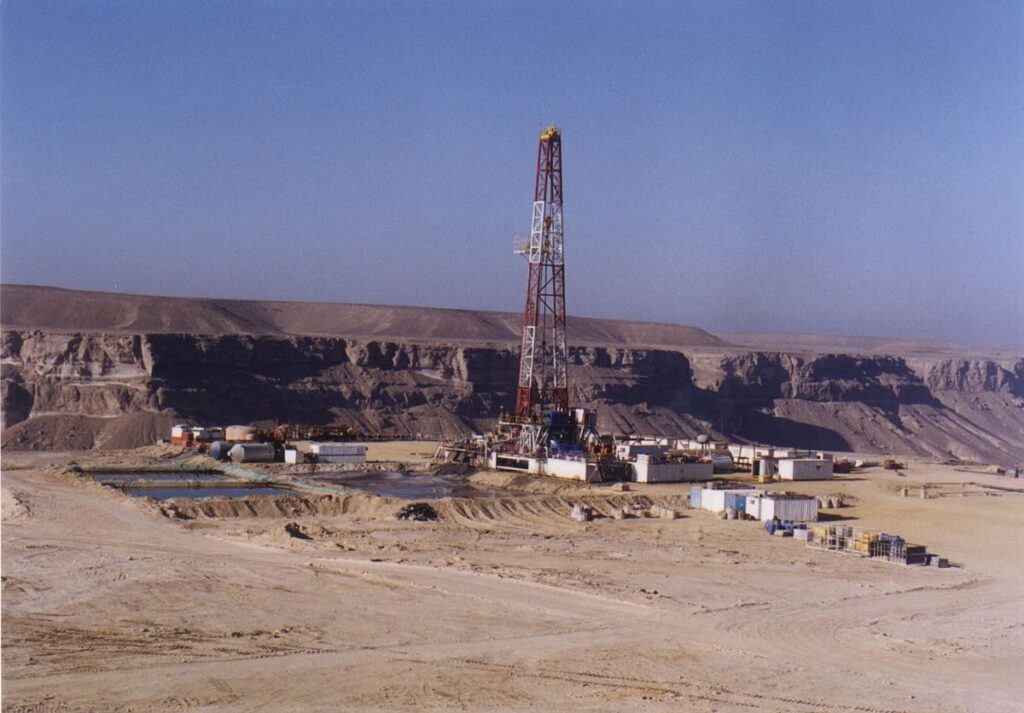World News
UN buys ship to remove oil from Yemen tanker at risk of catastrophic spill

WHAT YOU SHOULD KNOW!
- The United Nations has purchased a ship from Euronav to remove oil from the decaying FSO Safer tanker off the coast of Yemen.
- The 47-year-old Safer has not been serviced since Yemen’s civil war broke out in 2015, and it contains 1.1 million barrels of oil, which could potentially cause an environmental and humanitarian disaster.
- The salvage operation is estimated to cost $129 million, of which $75 million has been received and another $20 million has been pledged.
The United Nations Development Program (UNDP) has purchased a ship to prevent a potential environmental and humanitarian disaster caused by a decaying tanker off the coast of war-torn Yemen. The 47-year-old FSO Safer tanker has not been serviced since Yemen’s civil war began in 2015 and contains 1.1 million barrels of oil, four times the amount spilled in the 1989 Exxon Valdez disaster.
If the tanker were to collapse, it could severely impair foreign aid and cost approximately $20 billion to clean up. The UNDP has purchased a crude carrier from Euronav and plans to remove the oil from the FSO Safer through ship-to-ship transfer.
The UNDP’s decision to purchase the ship is an unusual move for a UN agency, but officials state that they had no other choice after searching for a solution for years and failing to find a suitable vessel to lease or as a donation. The salvage operation is estimated to cost $129 million, of which $75 million has been received and another $20 million has been pledged.
The remaining funds need to be secured, or the UNDP may have to suspend the operation. The United States has contributed $10 million and is calling on other nations and private donors to fill the funding gap.

UNDP chief Achim Steiner has called the deal a “major breakthrough” and warned that the operation carries “very significant risks.” The UNDP is still figuring out where the oil will go once it has been removed from the FSO Safer.
Steiner stated, “We have done everything we believe we can to mitigate those risks. But at the end of the day, until that oil is taken off, we are operating in an extremely complex operating environment.”
David Gressly, who coordinates UN humanitarian relief in Yemen, stated that the two sides dispute who owns the oil, which has complicated the task of getting it out.
Gressly added, “In the end, it seemed more expedient in terms of time to get the oil out, and then we can deal with the issue of selling the oil, which is still very desirable, down the road.”
Yemen has been embroiled in a devastating war since 2014, which has caused one of the world’s worst humanitarian crises. Iranian-backed Huthi rebels have swept much of the country, battling an internationally recognized government supported by a deadly military campaign led by Saudi Arabia.
Source: news.yahoo.com
